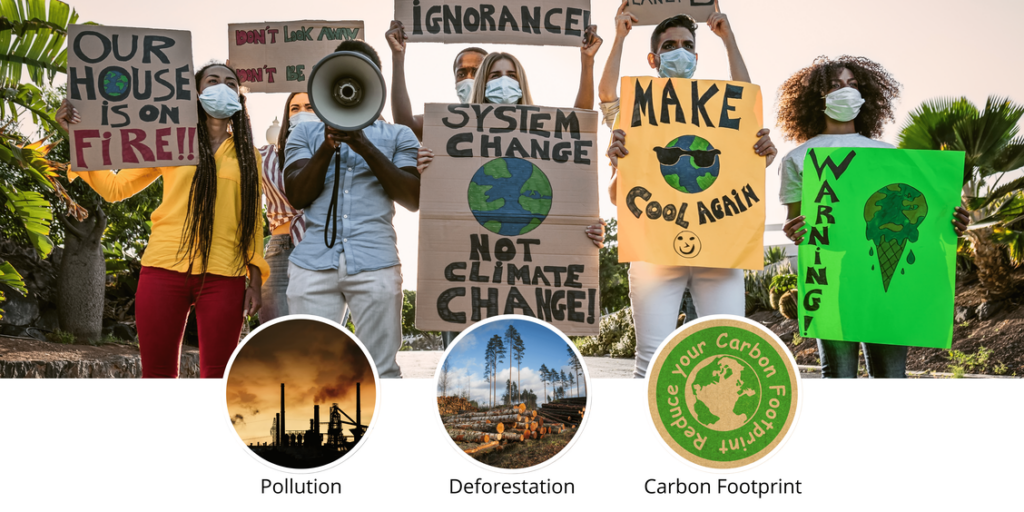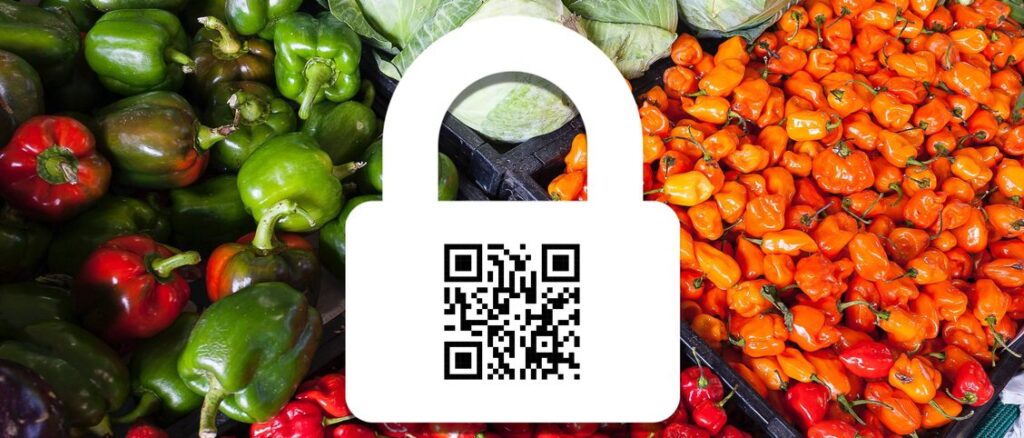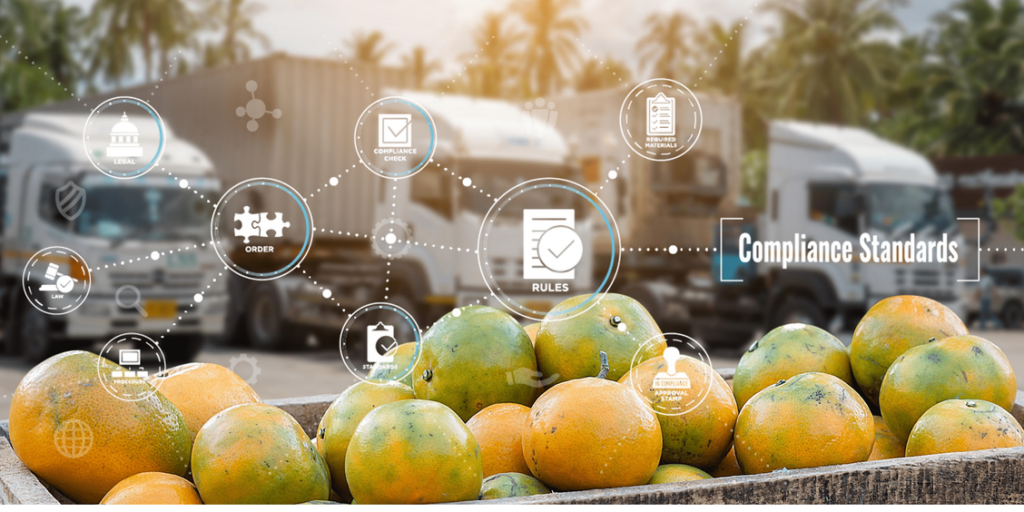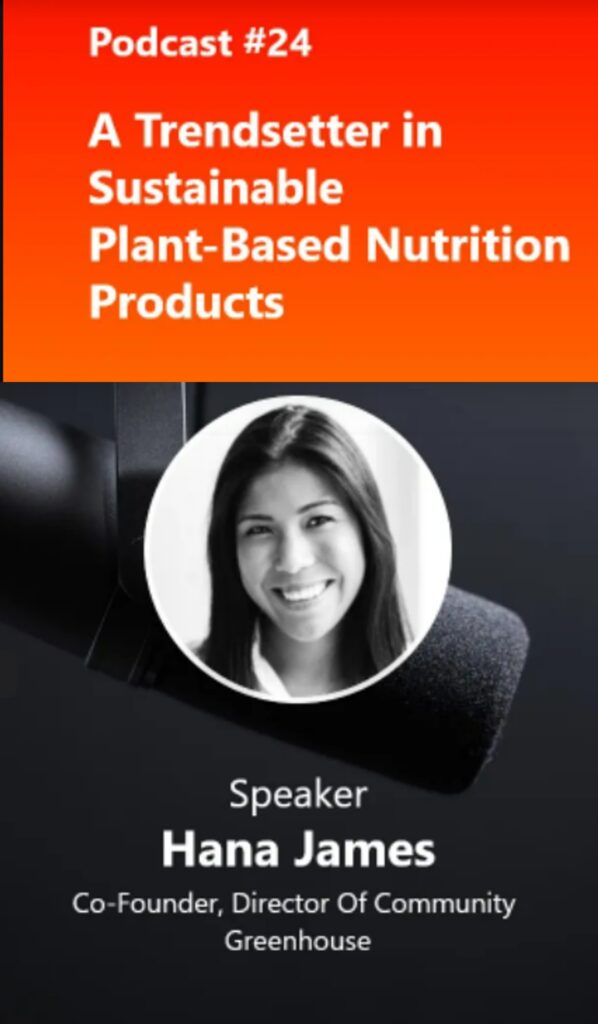
Sustainability is a key to unlocking the door of a Green Digital Financial Future.
Today, most currencies are not environmentally friendly, with the production and movement of funds contributing to pollution, deforestation, and a large carbon footprint.
The effect of climate change is accelerating at an alarming rate. As the world transitions to a clean energy future, sustainability is a primary ingredient and priority driving future economic growth. Adopting sustainable measures across industries to reduce carbon emissions can save the global economy.
Sustainable practices will not happen overnight. As widespread adoption occurs, we as an industry must band together to reduce our collective ecological footprint drastically. Examining the long-term sustainability of money is one way we may contribute by providing the most efficient, accessible, and sustainable alternative to cash.

Addressing sustainability across industries is a global issue, and the global financial sector is no exception. The Blockchain and digital asset industries will be important in ensuring international finance’s long-term viability.
Blockchain and digital assets are already having an impact, and their prominence in establishing a more sustainable future for finance will indeed strengthen over time. With the adoption of innovative financial technologies such as cryptocurrencies and Blockchain, we must consider sustainability alongside the digitalization drive.
We can join forces with the clean energy industry and global finance decision-makers to position Blockchain as the most sustainable road to achieving a green digital financial future.

Are you still stuck with spreadsheets or other record-keeping systems?

What is your next step if you get a cloud-based blockchain system that includes a dashboard that shows an overview of the transactions and events associated with a particular product?
Another essential feature is real-time alerts that update you on the location of a product. It should also be easy to add new organizations to the chain (e.g. just sending an email invite).
Or initially, you do not need to pay any amount and get access to try out the system.
Blockchain Takes Food Traceability to the Next Level, so it is time to take action to achieve your business goals.

Blockchain Technology Can Disrupt Global Food Regulations

Food Regulations are designed to reduce food waste, increase supply chain transparency, protect consumers, and preserve the food production and distribution ecosystem.
Although these regulations are necessary, enforcing them has often proved difficult for governing agencies like the CDC, FDA, and USDA. It is due to the sheer size and complexity of the food and beverage supply chain.
Enforcement and regulatory mechanisms must evolve to increase compliance, reduce profit losses, and optimize food safety. At the center of this evolution is blockchain technology.
Blockchain has the potential to disrupt traditional regulatory practices and pave the way for a more intelligent, more transparent food supply infrastructure.
Blockchain As The Foundation For Next-Gen Apps On Web 3.0

Ignoring Web 3.0 or Blockchain now is equivalent to neglecting the Internet 20 years ago.
Decentralization is the Internet’s future, which implies that all data, whether social, financial, or indeed, will be maintained on the Blockchain and owned by the public.
Blockchain technology’s decentralized design provides tremendous value to companies in the next generation of the web.
It is vital to emphasize that decentralized apps would not function in isolation, even if stored on a blockchain. As on the existing web, these decentralized applications will interact in Web 3.0 to deliver integrated functionality that makes them more valuable.

Is a plant-based diet the same thing as a vegan diet?

In recent years, both meal plans have gained headlines for their health advantages, and while they are similar, there are some significant differences: Vegan diets exclude all animal products, whereas plant-based diets include animal products but emphasize consuming plants, such as fruits, vegetables, nuts, seeds, and whole grains essentially.
Here, Hana James, Co-Founder and Director of Community at Greenhouse, talked about her experience with sustainability and transparency in the plant-based nutrition and wellness industry.

We live in a digital age, and the technology of that world is continuously evolving. The fascinating aspect of this digital revolution is how it affects everyone, either directly or indirectly.
Here, Mark A.Irwin, Chief Marketing Officer at Eate Digital, takes a deep dive into the improved user experience for restaurateurs and diners. He spoke on the changes in the food industry, including technological advancements in the food supply chain.